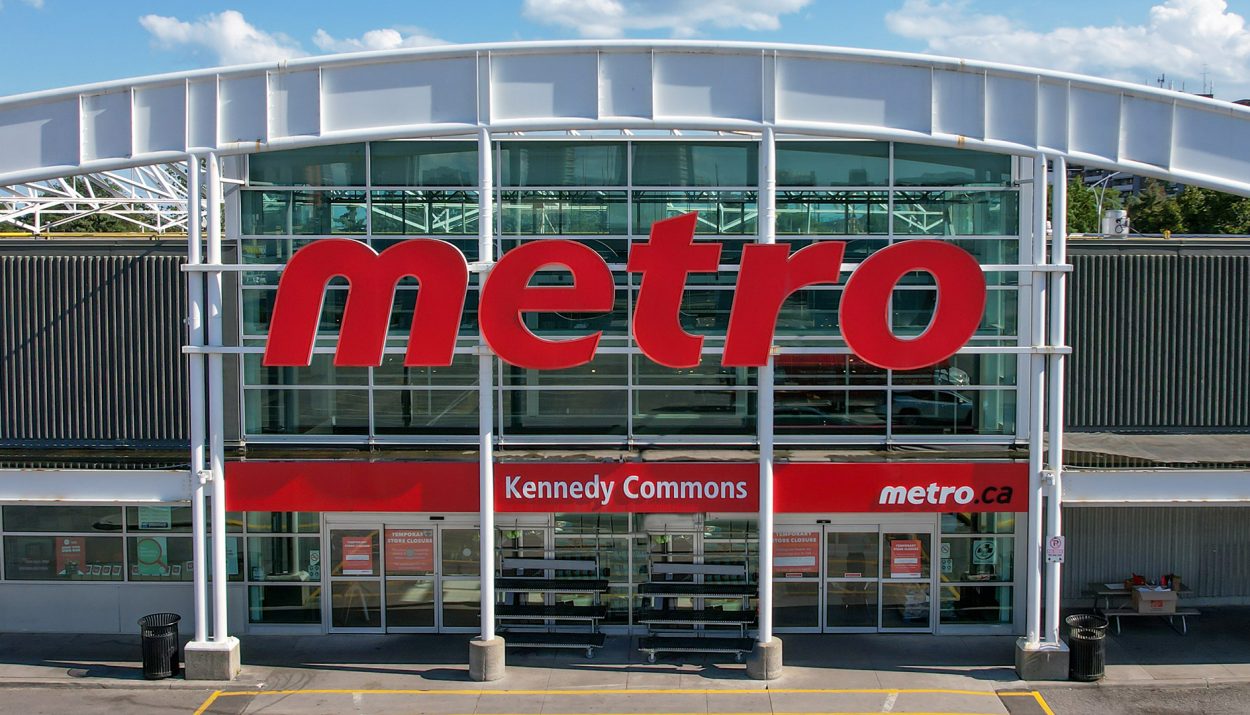Grocery bills have been painfully high lately, and Metro’s CEO just revealed the ugly truth – supplier price hikes are coming as soon as next week. Here’s an inside look at the real reasons behind the sticker shock.
Brace For Impact
Metro Inc. CEO Eric La Fleche dropped a bombshell this week: grocery suppliers have ended their price hike hiatus and costs are set to soar again soon. “Unfortunately there will be some prices starting to go up,” La Fleche confessed in a news conference.
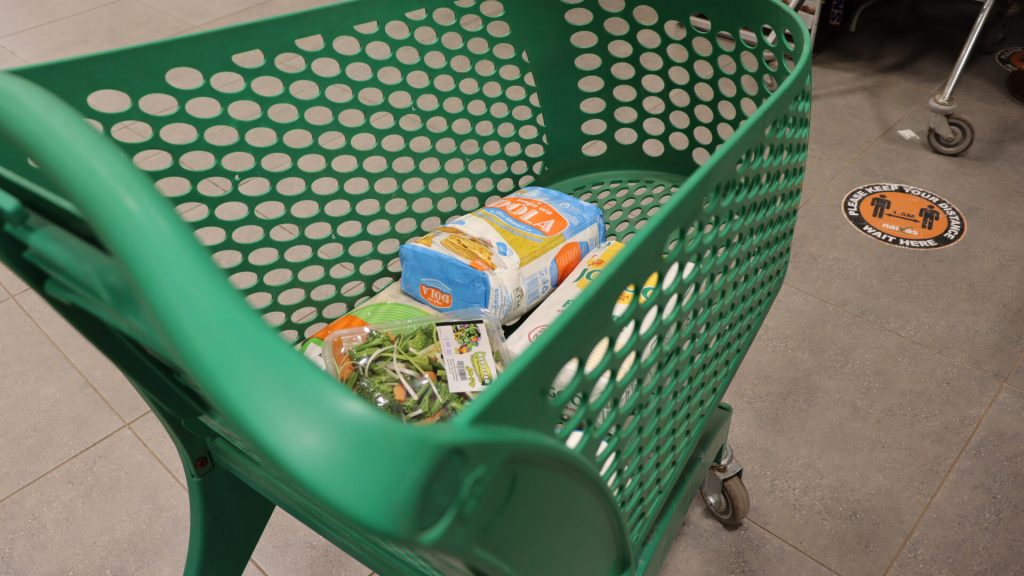
It’s the news no shopper wants to hear. After two years of relentless increases, La Fleche said the volume of supplier price hike requests has finally slowed. But the relief will be short-lived as new hikes hit shelves as early as next week.
OJ Squeeze
One coming increase promises to be “substantial,” according to La Fleche – orange juice. Due to issues with orange crops, he said the cost of OJ will jump significantly. “We’re going to be selling a lot less orange juice,” the CEO lamented.

La Fleche’s warning suggests orange juice may soon become a luxury item for some shoppers. While the slowdown in supplier price demands offers some optimism, this latest round of hikes promises more frustration for already stretched grocery budgets.
Suppliers Squeeze Stores
La Fleche made clear Metro is pushing back against supplier-led price increases as much as possible. “We are negotiating as best we can and delaying as much as we can some of the increases requested by our suppliers,” he revealed.
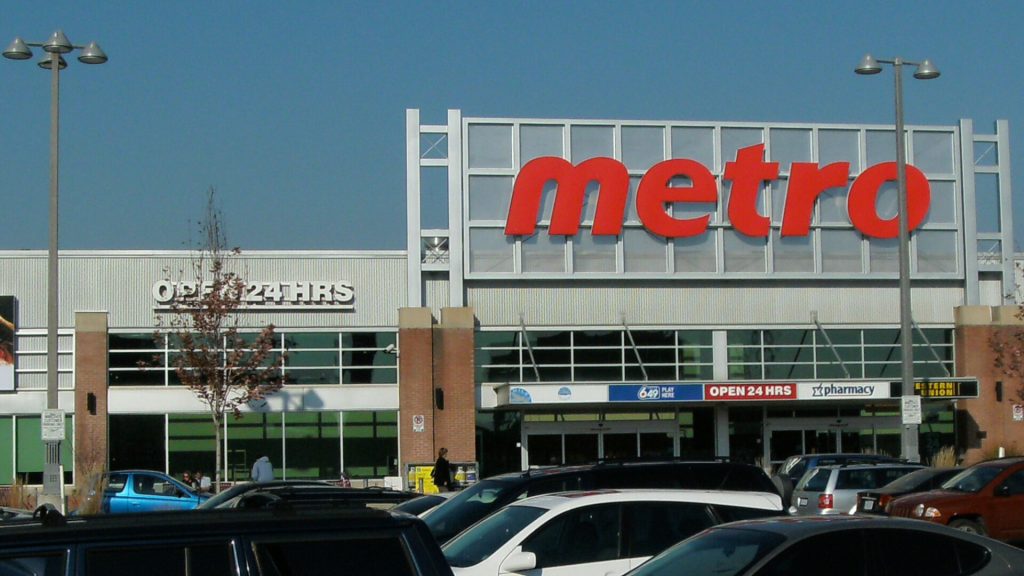
But suppliers have grocery chains over a barrel right now. With costs rising across the board, from crops to fuel to labor, vendors are passing those increases onto stores. And stores like Metro have little choice but to pass some of the pain to consumers already fed up with inflated prices. Metro Canada may pull in billions in revenue, but it’s at the mercy of upstream supply chain links driving this inflationary spiral. From struggling farmers to squeezed transportation companies, everyone is feeling the pinch except perhaps the final retailer.
Farmers Reap Misfortune
What’s causing suppliers to hike costs in the first place? Experts cite a range of culprits – crop damage, global conflicts, and more. “It’s just a myriad of factors that are driving up crops,” said Gary Sands of the Canadian Federation of Independent Grocers.

From droughts to floods, farms are facing major disruptions lately. Combine this with higher oil, fertilizer, and equipment expenses thanks to distant wars, and you have a recipe for painfully pricy produce. Suppliers and stores can hardly keep up. But while stores may pass along some pain to shoppers, it’s farmers taking the biggest hit as weather disasters batter crops one season after the next. They pour money into planting with no guarantee nature won’t destroy it all.
Shoppers Singing The Blues
Already wincing from two years of climbing bills, Metro shoppers are outraged by news of the coming hikes. “I’m appalled because there is no need for these prices to be high,” a woman named Gabriella vented to CTV at her local Metro.
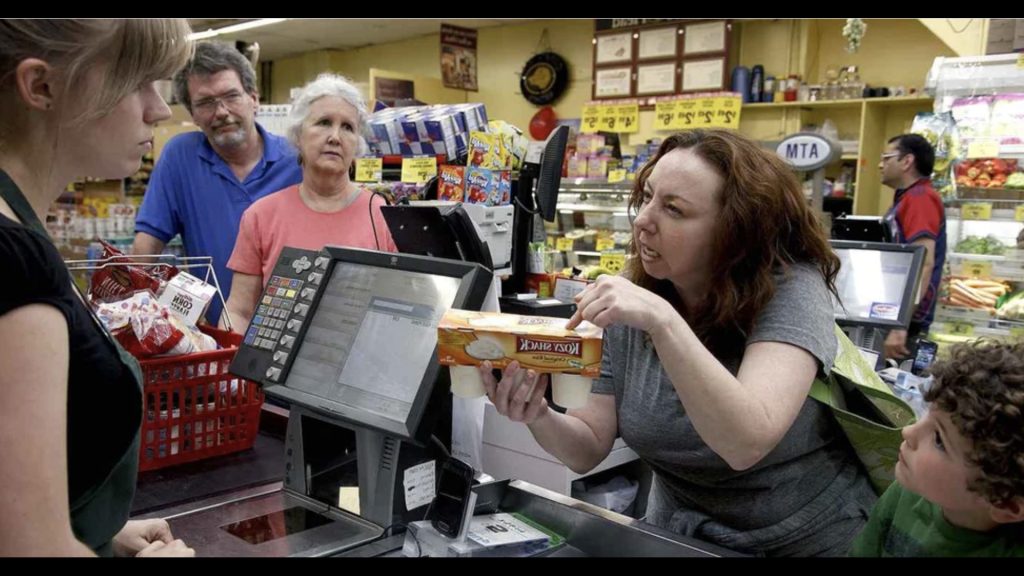
Stories of shoppers struggling with bills anywhere from $50-200 are all too easy to find. And for those already choosing between groceries and gas, the announcement feels like salt in the wound. “Unfortunately, there will be some prices starting to go up,” La Fleche repeated. Caught between flat wages and inflated costs for everything from rent to healthcare, families don’t have room for budget-busting price surges on basic ties. The frustration and despair are understandably reaching a boiling point for many loyal customers.
Metro Margins Soaring
While consumers brace for impact, Metro itself continues to prosper. The grocery giant just reported first-quarter profits totaling $228.5 million, a 6.5% bounce in sales from a year ago. Food sales rose 6.1%, buoyed in part by Christmas week timing.
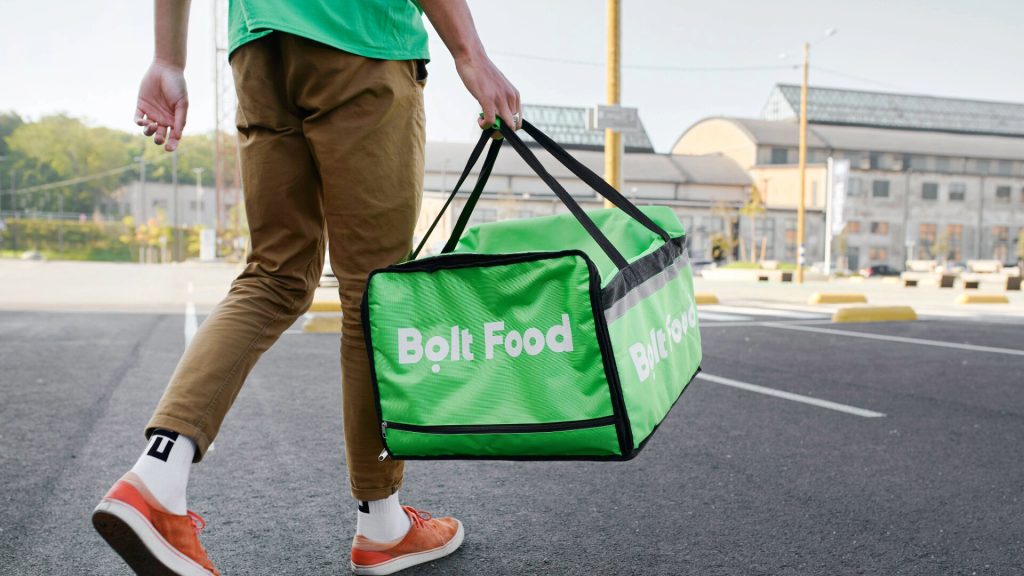
For a company witnessing blowout bottom lines, news of more price bumps feels tone-deaf to many loyal shoppers barely keeping up. With food costs already at painful highs for so many families, is passing down supplier hikes really necessary? Or is simple corporate greed at play? Record revenues would suggest Metro has plenty of profits to cushion consumers against some of these rising expenses for a while – if executives were willing. Meanwhile, they hint at future automation plans to cut labor costs further, even as customers struggle.
Pharmacies Also Cashing In
It’s not just groceries ringing up higher sales for Metro – pharmacy revenue is also up nearly 4 percent, proving shoppers are buying more medication and health products from stores like this.
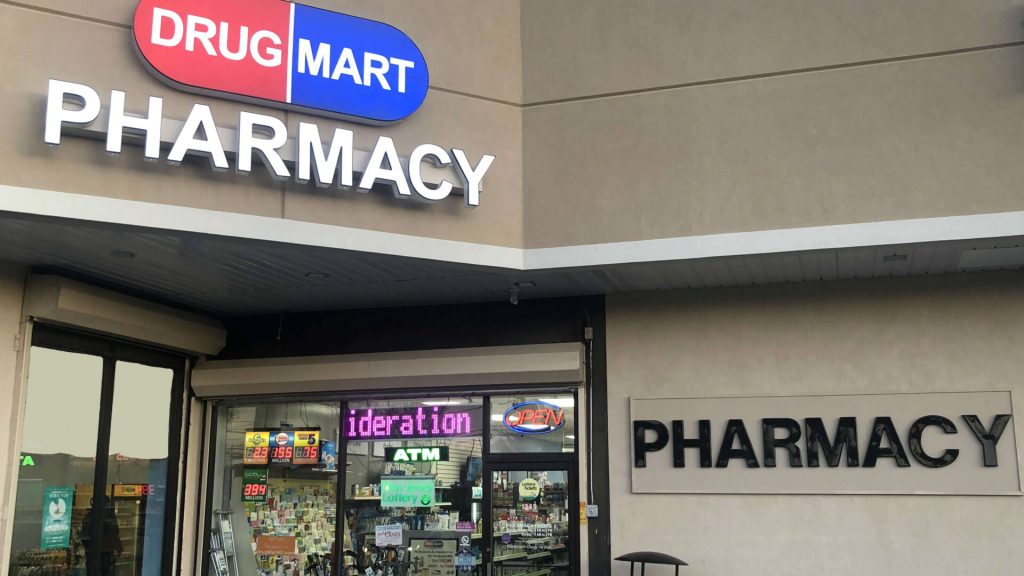
Between food and drugs, Metro now saw almost $5 billion in sales this past quarter alone. So they have plenty of profits to pad them against supplier price swings. But will they protect shoppers who don’t have that luxury? Signs suggest not so far. In addition to food, medical bills are another top stressor for most families nowadays. So as Metro drug sales skyrocket, presumably from chronically ill customers needing prescriptions, the company should arguably have an ethical duty to keep those vital costs in check.
Global Events Compound Crisis
Experts say pressures as far away as the war are also hitting American grocery bills now. International oil, grain, and fertilizer disruptions eventually reach hometown stores here.
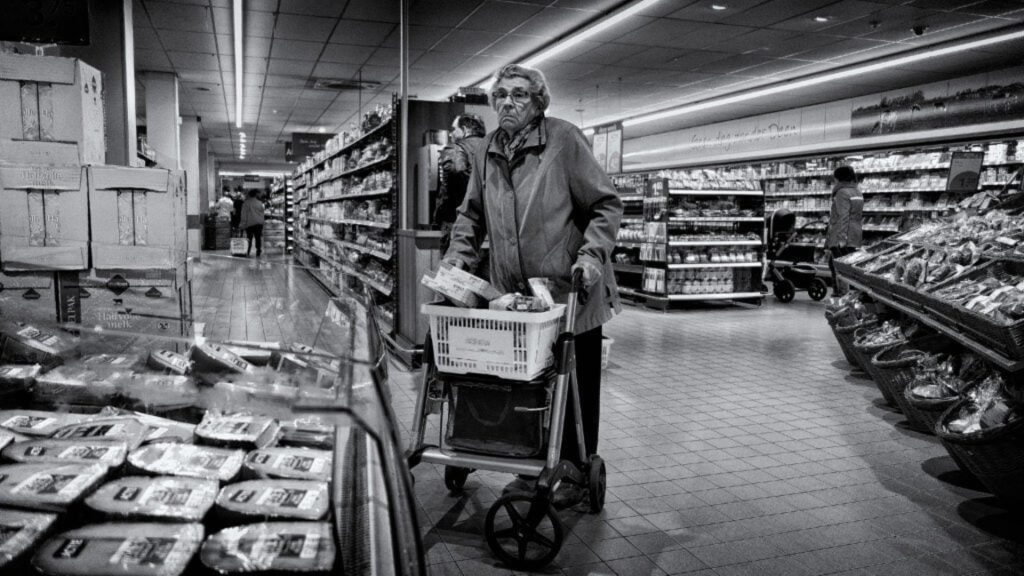
Whether it’s crops dying in drought halfway around the world or fuel costs climbing thanks to conflicts abroad, global events have localized effects on US grocery prices. Average shoppers have virtually no protection from these external shocks to their weekly budgets. It’s frustrating for families to be financially sideswiped by calamities thousands of miles away that are no fault of their own. But it spotlights the dangerous lack of resiliency in a complex, interdependent food system when external tensions start to fracture links in the global supply chain.
Relief In Sight?
La Fleche indicated supplier price hike requests have slowed recently as a glimmer of hope. This suggests we could be nearing peak grocery inflation finally after more than two long years of sticker shock.
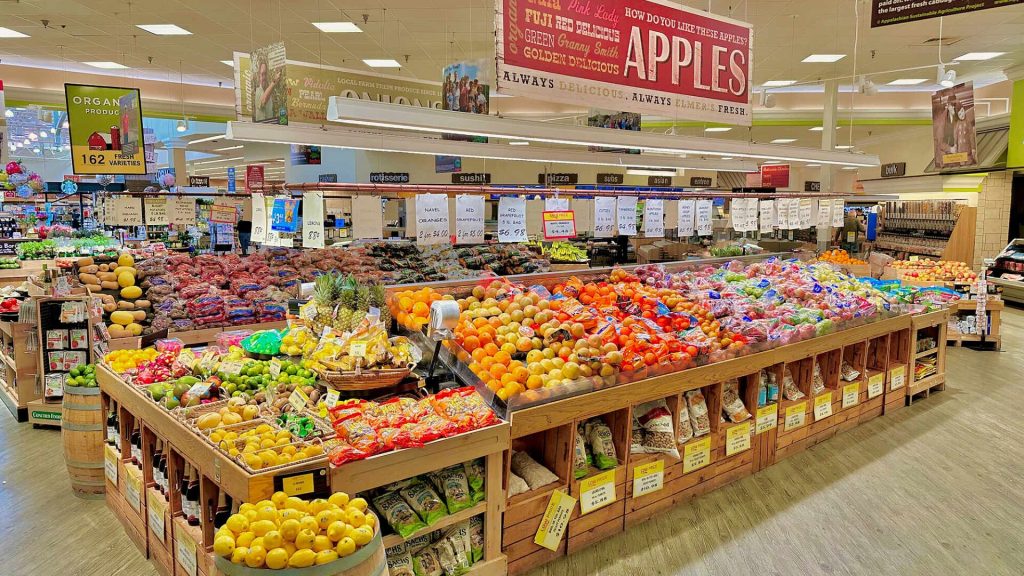
But temporary disruptions like the OJ squeeze suggest any relief will likely be punctuated by painful price spikes in the months ahead. While the tidal wave of increases may be easing, the volatility promises to continue at the grocery store for average shoppers.
Bracing For Impact
After an eye-opening earnings call from the Metro CEO, shoppers now have an inside look at the unfair food economics stacked against them lately. Suppliers are squeezing stores, global events are disrupting supply chains, and consumers are left holding the bag.

For families already stretching their grocery budget to the breaking point, news of yet another round of price increases coming soon is painful. But based on the real factors behind the recent roller coaster at the supermarket, more volatility seems inevitable.

